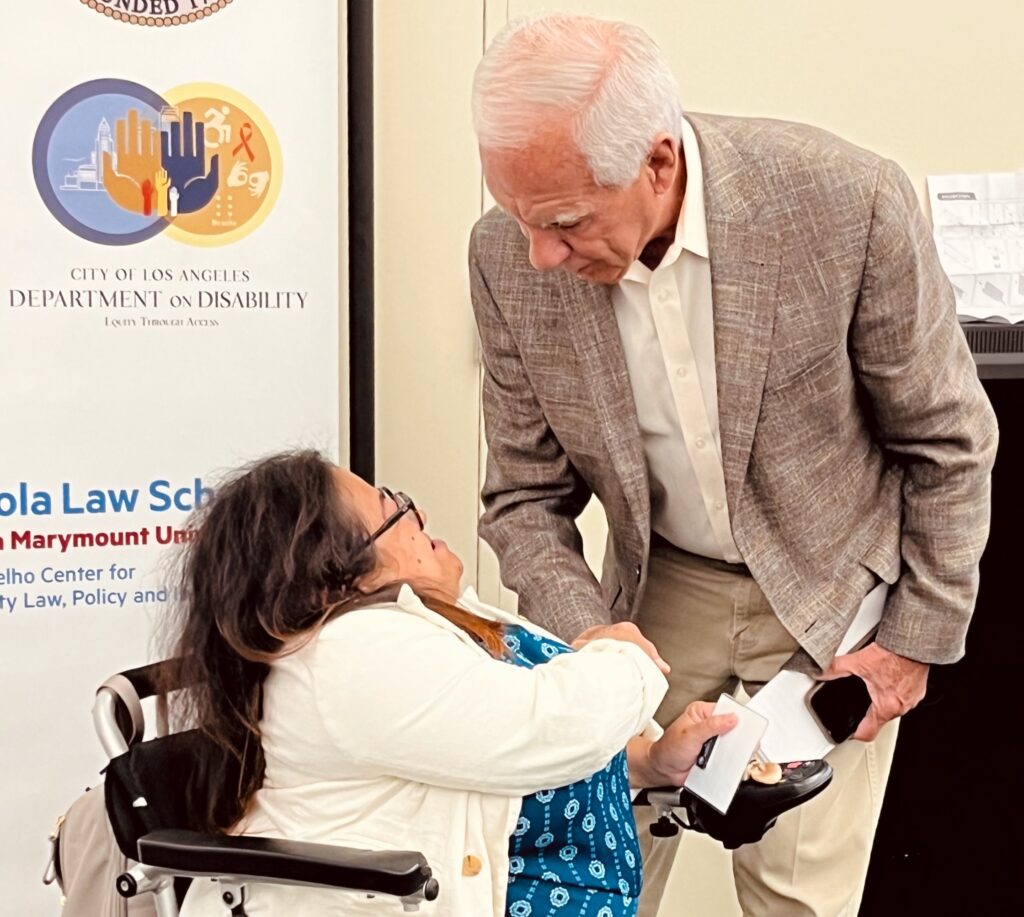Education For All: Fulbright architect advocates for inclusive design as a human right
Olivia Mae Asuncion
Architect and Accessibility Advocate
Fulbright U.S. Student Research Award to the Philippines
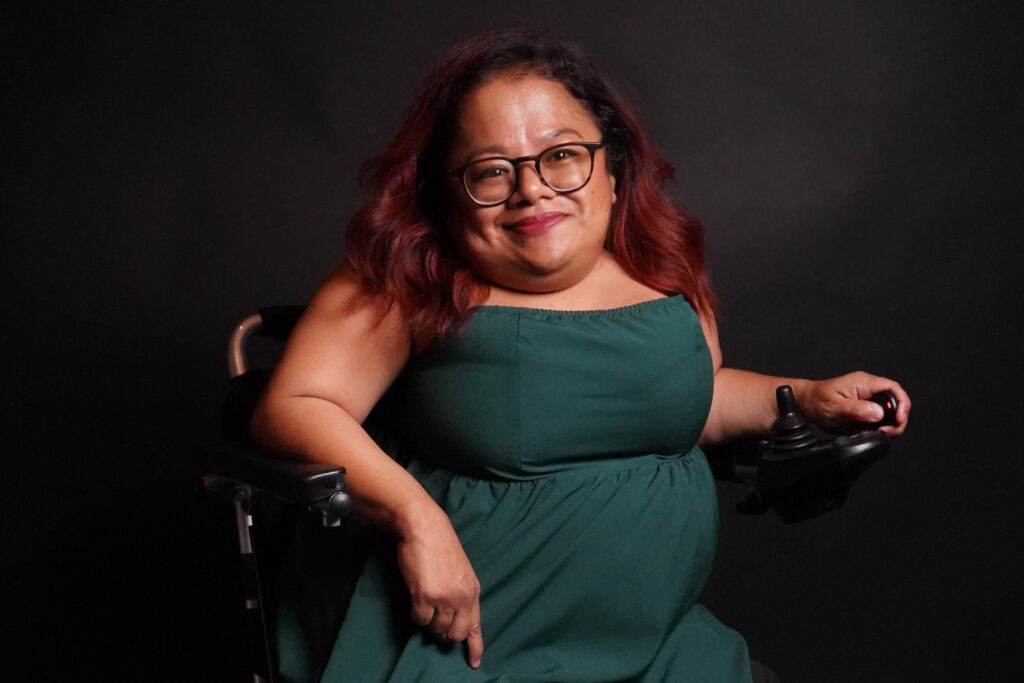
Olivia Mae M. Asuncion, AIA, a licensed architect and design researcher, designs and advocates for accessible buildings and community spaces for education and public use. Her Fulbright research in the Philippines broadened her perspective on the multi-dimensional requirements for creating accessible schools for all students, including policy, enforcement, knowledge, and funding. This perspective and experience fueled a new level of professional success for Asuncion, leading to her appointment to the U.S. Access Board, a presidentially-appointed federal agency that promotes equality for people with disabilities and shapes accessibility criteria for the built environment.
As a project architect at Quattrocchi Kwok Architects (QKA), Asuncion was named one of San Francisco Business Times’ “40 under 40” honorees in 2024 for her work toward achieving social equity and accessibility in schools.
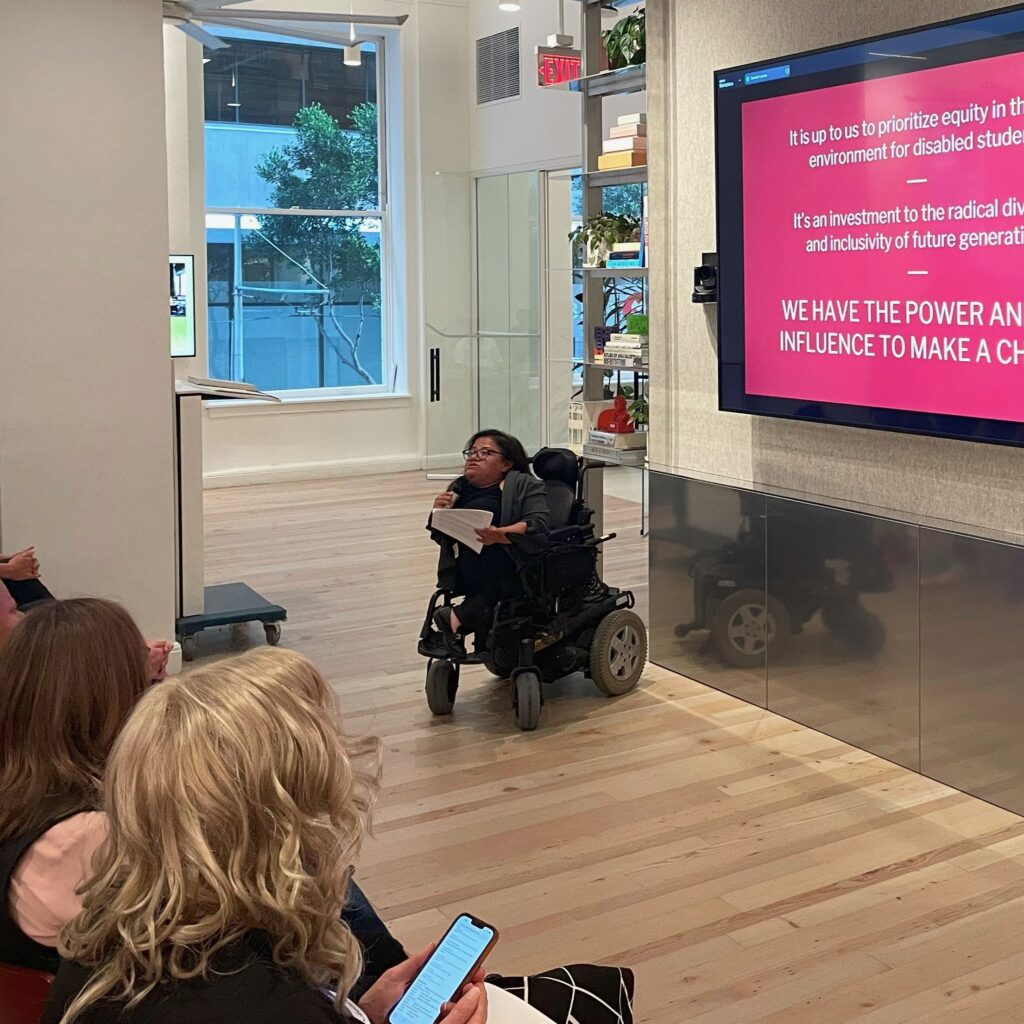
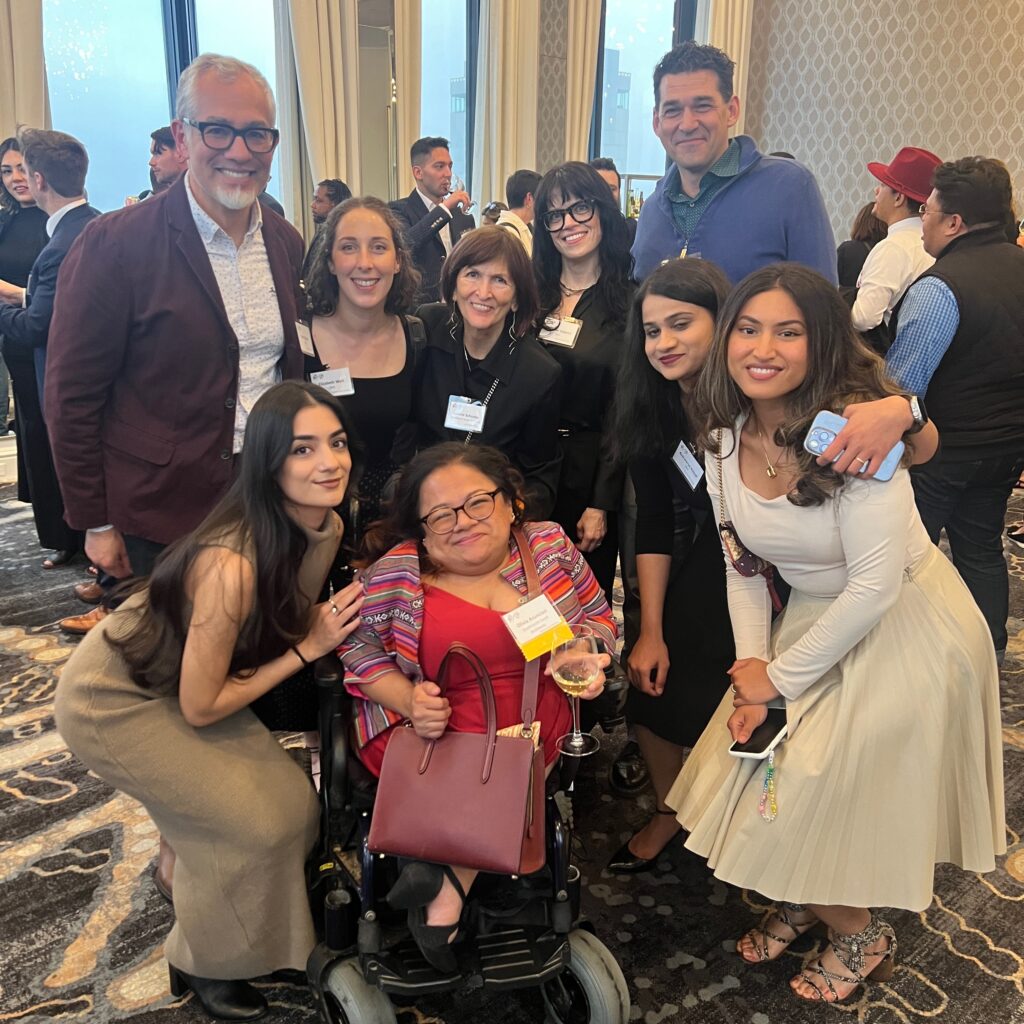
Asuncion reflected that she has been an accessibility advocate “way before I even knew what accessibility advocacy meant.” A lifelong mobility device user, Asuncion moved to the United States at age 11. This proved to be an eye-opening experience and she said she “immediately recognized the huge impact that access within the physical environment has on independence.” She explains. “That knowledge, experience and passion” to support independent mobility are the factors that motivated her to become a professional in the architecture and design world.
As an undergraduate architecture major at the University of California, Berkeley, Asuncion was a member of both the American Institute of Architecture Students and the Disabled Students’ Union. After graduating, she began her career with Equity Community Builders in Berkeley, helping Bay Area non-profit organizations with their construction, project, and property management needs. Her efforts were recognized by Girls Incorporated of Alameda County, who named her a Strong, Smart & Bold Woman of Distinction for 2013.
Committed to using her expertise to center the needs of users of all abilities, Asuncion earned a Master of Architecture degree from University of Oregon, specializing in social and universal design. Her graduate research on improving building safety and evacuation planning and infrastructure for people with disabilities received first place in the Environmental Design Research Association’s Student Best Design Award.
Working as a licensed architect with Shah Kawasaki Architects for six years, she contributed to a wide array of projects ranging from fire stations serving Palo Alto and Moraga-Orinda districts, to public sector office and community spaces. She continues to collaborate with architecture professors at the University of Oregon College of Design, publishing research on topics such as building design for users with disabilities and the effects of classroom design on teacher and student behavior. Her work included an evaluation of the Ed Roberts Campus, a universally designed building in Berkeley that hosts several disability organizations. She also served as a Young Architect leader for the American Institute of Architects.
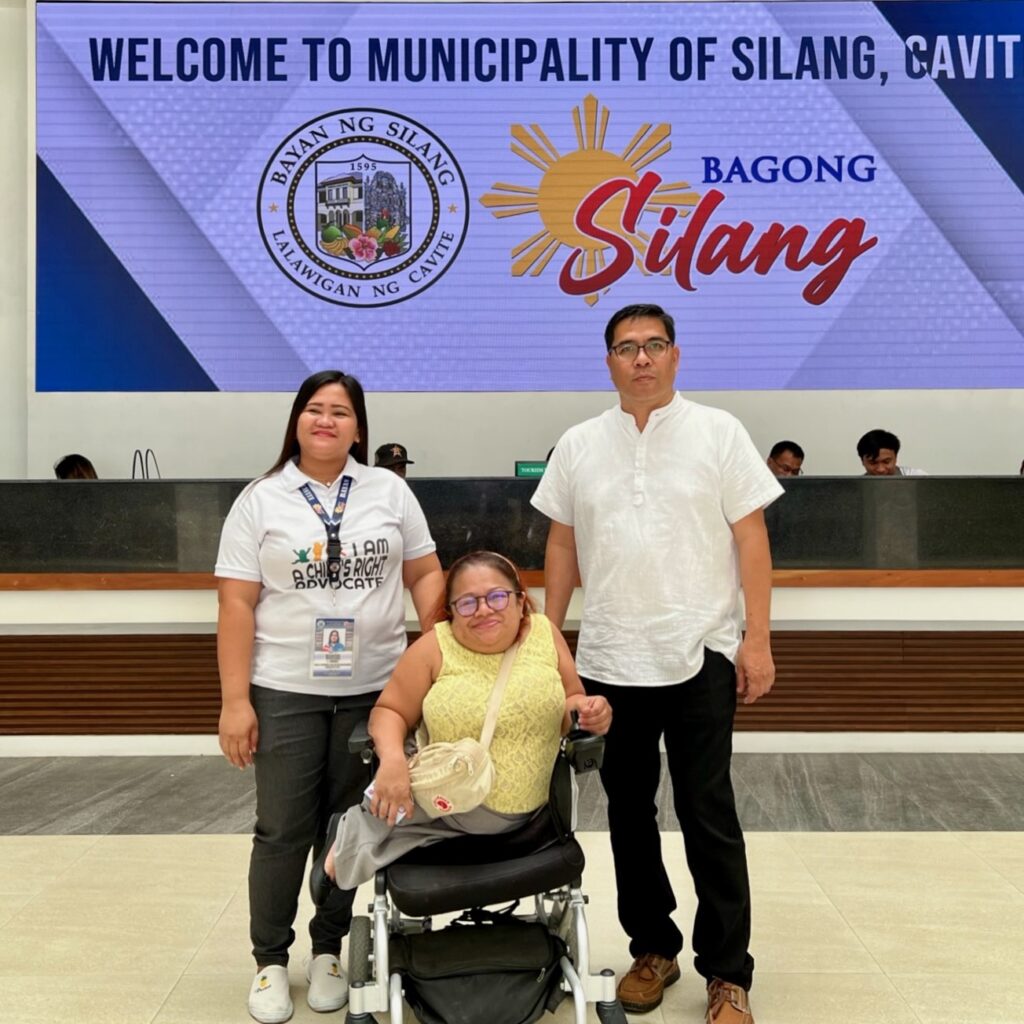
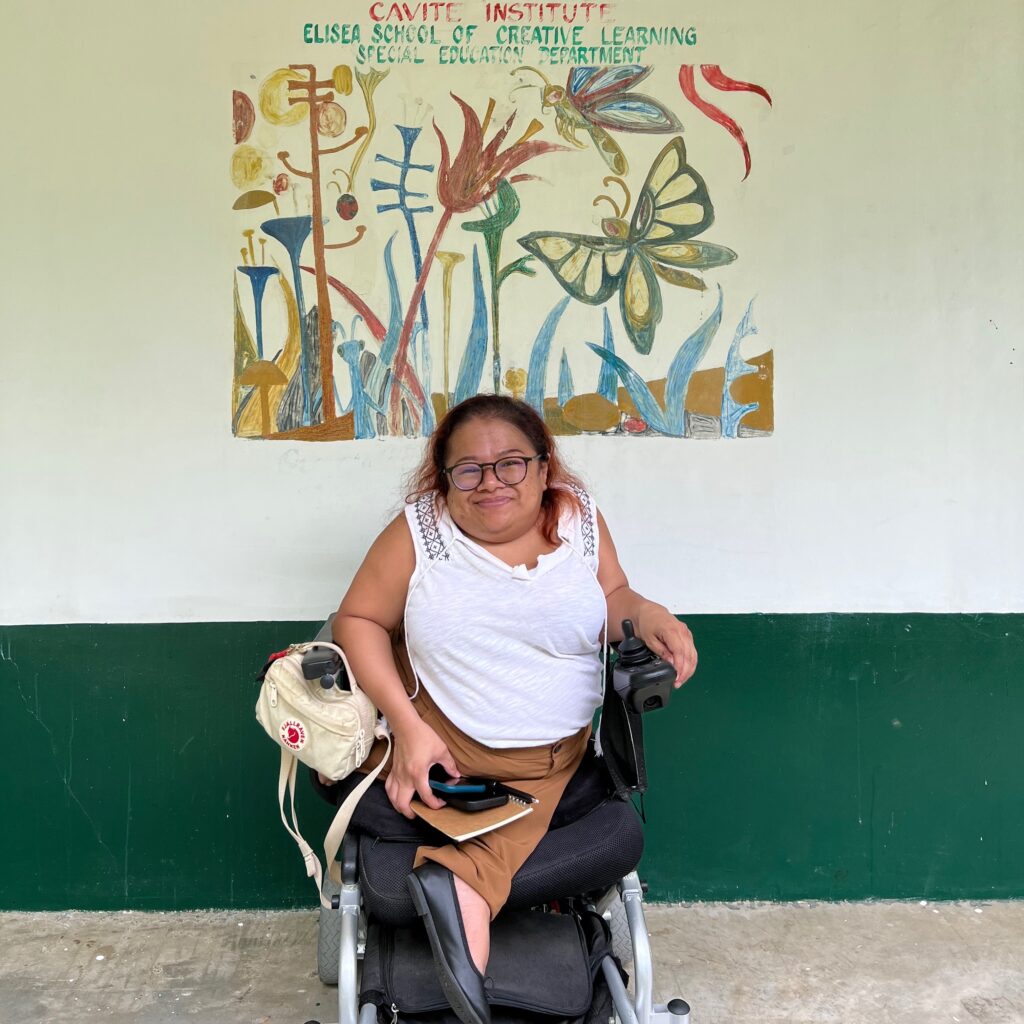
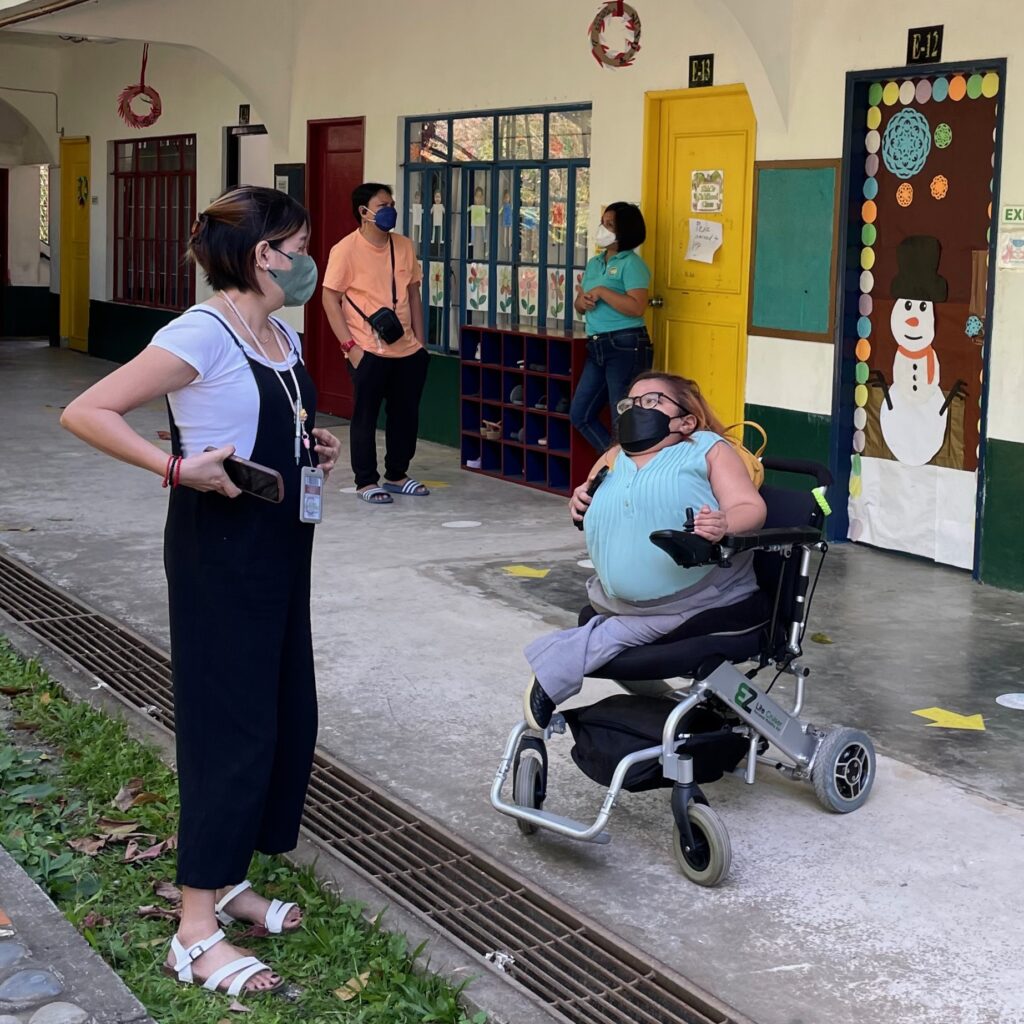
Asuncion’s Fulbright to the Philippines was a crucial next step to investigate the role of the built environment in educational access. She started the Fulbright Program equipped with knowledge of the legal and policy frameworks that support accessibility. At first, she considered the governing bodies that mandated physical accommodations as the foundation for accessibility. During her time in the Philippines, however, she very quickly learned that solutions to ensure inclusivity in the physical environment must “go far beyond legislation.”
In the Philippines, she conducted site visits at elementary schools and their surrounding communities. Overall, she found school accessibility to be “inadequate and challenging,” noting that the country’s existing accessibility legislation and building codes were not sufficiently enforced.

One school, Cavite Institute, stood out to Asuncion. Cavite Institute is a private school that voluntarily added a Special Education program to their curriculum. However, they were only given a month to adapt their physical spaces. Without sufficient expertise or funding, the ramps they built were too steep, and many facilities on campus, including the cafeteria, restrooms, staff offices, and student services, were left with steps at their entrances. Regardless, Asuncion was impressed that “they had this incredible desire and commitment to serving and accommodating their disabled students.” She observed that they were “willing to make their entire campus accessible if they had the knowledge and the resources to make it right,” and that “this kind of commitment and attitude is what made strong impacts on the students – in a way, it made their school more ‘accessible’ than most.”
Asuncion explains that witnessing the commitment to accessibility among the Cavite Institute’s community shifted her perspective on accessible design. She explains that “it stopped being simply a code issue, it became an attitudinal issue; a human needs and human rights issue.” This more wholistic approach has informed every aspect of her career since.
“One of the greatest things that the Fulbright experience has gifted me is this huge platform to talk to others about this lesson. As an architect who works on schools, I get to use this experience as a way to convince stakeholders –from clients, contractors, and the community– about the importance of inclusivity in the design of educational facilities,” Asuncion explains. She speaks about her research at conferences, events, universities, and podcasts, hoping to “motivate the architects of today and tomorrow to shift their perspectives on accessibility.”
